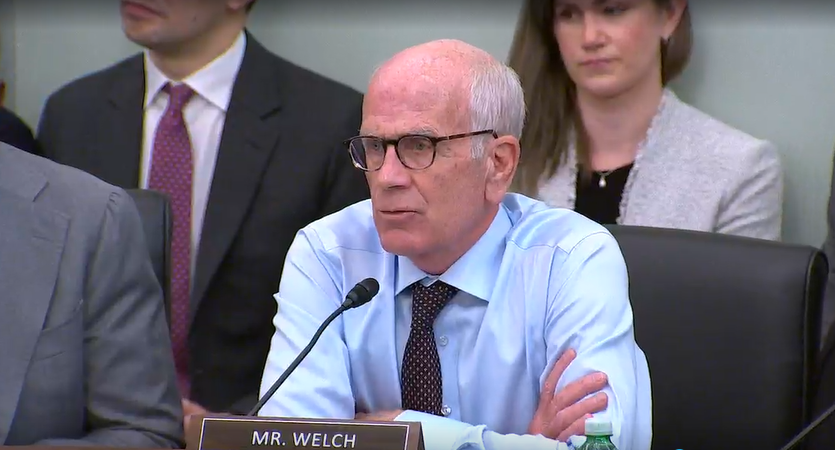Senate Panel Approves $7 Billion for Affordable Connectivity Program
'All of us understand the importance of [ACP], how it benefits folks in every single state,' Welch said.
Michael D. Melero

WASHINGTON, July 31, 2024 – A Senate committee Wednesday voted to provide the Affordable Connectivity Program with $7 billion in new funding, but Sen. Ted Cruz, R-Texas, indicated he would object if the bill reached the Senate floor.
The ACP funding was offered as an amendment sponsored by Sen. Peter Welch, D-Vermont, a longtime ACP advocate.
The ACP provided aid to 23 million low-income households, the vast majority of whom received $30 discounts on their monthly Internet bills. The ACP ran out of federal funding on May 31.
“All of us understand the importance of [ACP], how it benefits folks in every single state, including California and Massachusetts, " Welch said during an executive session of the Senate Commerce Committee. “Without the affordability that is provided by this amendment, we will continue to be without broadband.”
Welch’s amendment, which passed 14-12, was added to the PLAN for Broadband Act (S. 2238), which passed the Senate panel by voice vote. The PLAN Act would require better coordination among federal agencies that supervise broadband subsidy programs.
Funding for the ACP will come from proceeds from future spectrum auctions by the Federal Communications Commission. The FCC, however, has not had legal authority to auction spectrum since March 9, 2023.
Cruz opposed Welch’s amendment, saying it was unfunded and lacked provisions that would reform the ACP. Cruz and other Republicans have been critical of the ACP because only about 20 percent of ACP enrollees were first-time Internet users.
"This bill has no [ACP] reform in it at all. It's not paid for or offset in anyway," Cruz said.
Earlier, Senate Commerce Committee Chair Maria Cantwell, D-Wash. supported funding the ACP by allowing the FCC to borrow money from the U.S. Treasury and repay the debt with spectrum auction proceeds.
The committee also approved $3 billion in funding for the Secure and Trusted Communications Networks Act, also known as the Rip and Replace program to remove gear of Chinese manufacturers ZTE and Huawei from U.S. communications networks. The FCC estimated that the program needed $3 billion more after the initial $1.9 billion allocation was overwhelmed by network operator demand for funding.
The vote on the $3 billion was bundled with Welch’s ACP amendment. Every Senate Republican present voted against the package, even though the $3 billion for the Rip and Replace program was sponsored by Sen. Eric Schmitt, a Missouri Republican.











Member discussion